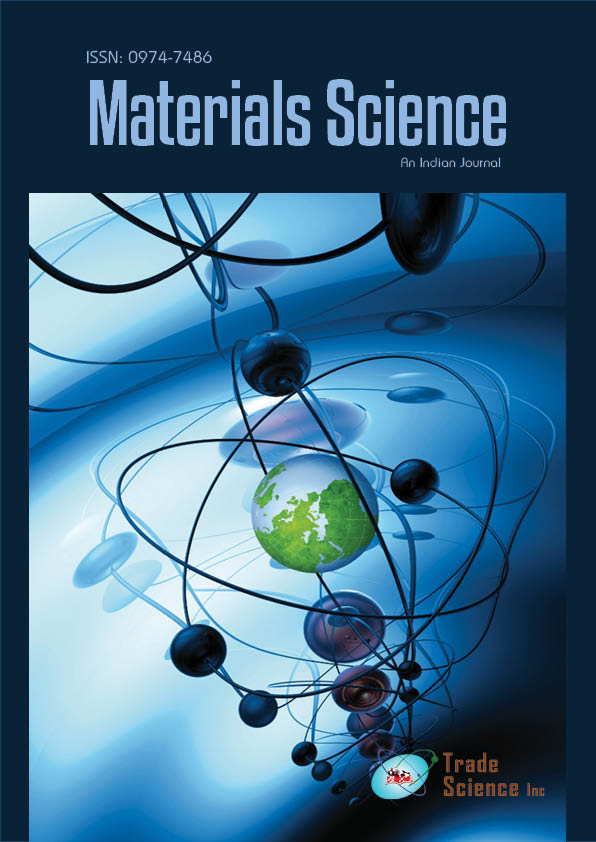Abstrakt
Microstructure and Corrosion behavior of hybrid composite produced by friction stir processing
Rokkala Srinivasu*
Cast aluminum-silicon alloys have found in the manufacture of various automotive engine components, aerospace, defense application such as cylinder blocks, pistons and piston insert rings, torpedoes and manufacture of Missile bodies where adhesive wear (or dry sliding wear) and corrosion is a predominant process. Cast Al-alloys possesses poor corrosion resistance when compared to wrought Al-alloys and is attributed to high concentration of intermetallics in the dendritic structure. Recently, much attention has been paid to Friction Stir Processing (FSP) as a solid-state surface modification technique. In the present work an attempt has been made to modify the surface of the Aluminum Silicon alloy using Friction Stir Processing (FSP). Boron carbide powders (B4C) and Molibdinum Disulphide (MoS2 ) as solid lubricant with various particle sizes are used in the friction stir processing of the A356 Aluminum Silicon alloy. Carbide powder particles and solid lubricant were compressed into the lined up holes on the surface of the alloy. Coating was formed using two different FSP tools. Metallography, micro compositional analysis, and pitting corrosion tests dynamic polarization studies were used for characterizing the surface composite coating. Friction stir processed surface hybrid composite was having better pitting resistance when compared to as cast A356 alloy, Enhancement in pitting corrosion resistance was obtained with a decrease in carbide particle size.
